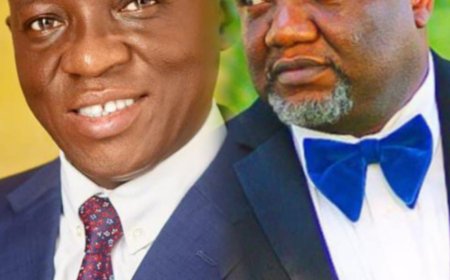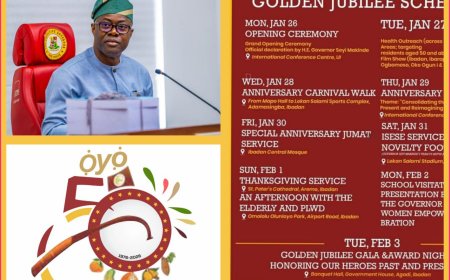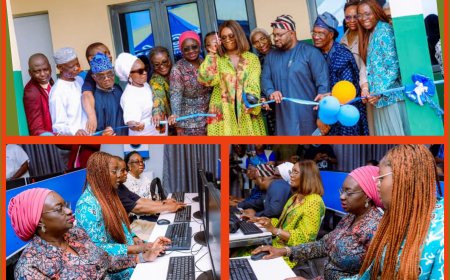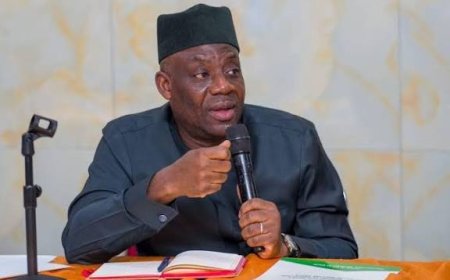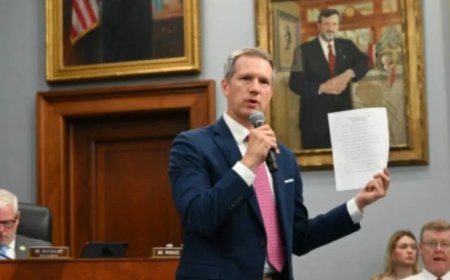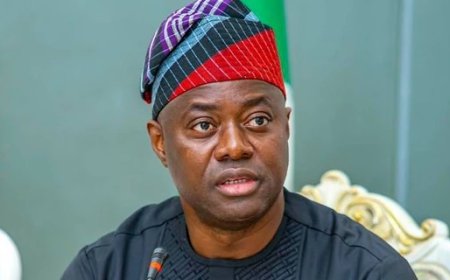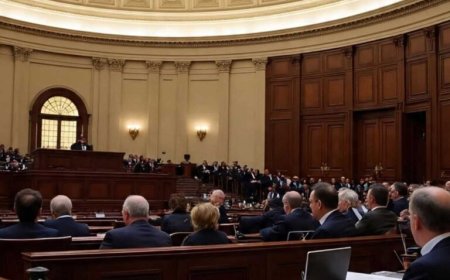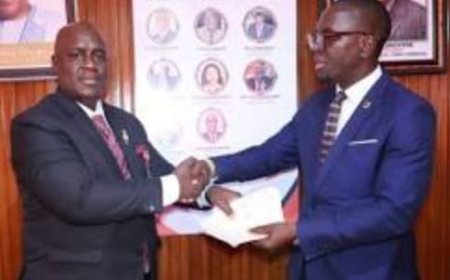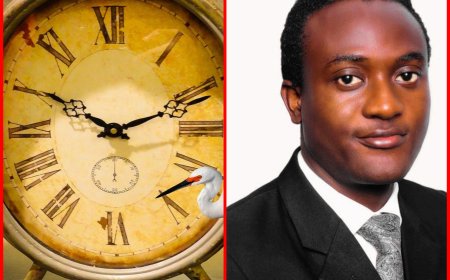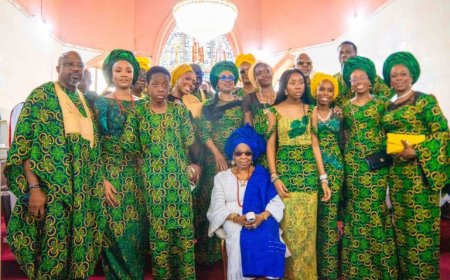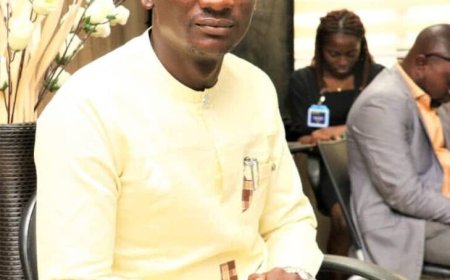NUC, Varsity Dons Call For Radical Reforms in Nigerian Universities
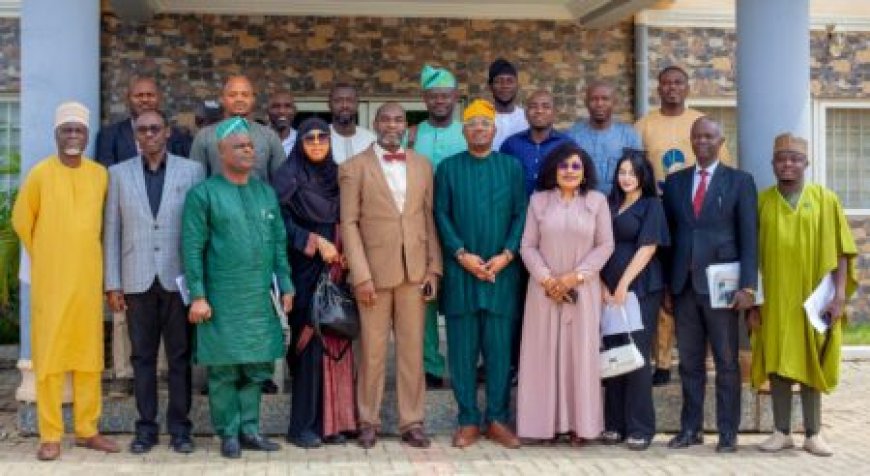
By: Olufemi Orunsola
In a groundbreaking lecture that marks another major step in the vision of the African School of Economics to build a Pan-African university that champions transformative, inclusive, and globally relevant education,
the Executive Secretary of the National Universities Commission (NUC), Prof. Abdullahi Yusuf Ribadu, has called on Nigerian universities to embrace radical innovation, skills development, and collaboration as essential strategies to reposition themselves as relevant institutions in the 21st century.
his lecture, Prof. Moses Ochonu delivered a sobering diagnosis of the challenges plaguing Nigerian universities. He criticized the widespread academic inbreeding, where universities limit hiring to their own graduates, and condemned the erosion of intellectual pluralism.
According to him, Nigerian universities have become “appendages of parochial projects of exclusivity,” losing the cosmopolitan ethos that higher education demands.
He also berated the quality of instruction in many institutions, lamenting that “lecturers recycle outdated notes, supervision of postgraduate students is weak or non-existent, and predatory journals thrive due to a publish-or-perish culture.”
Prof. Ochonu recommended the creation of a Student Bill of Rights to protect learners in academic and mentorship relationships. He advocated for teaching excellence awards, writing centres, and the decolonisation of outdated academic practices.
He said the 21st-century Nigerian university must be reimagined through radical institutional, legislative, curricular, and technological reforms, allowing for flexible, lifelong learning through single-course enrolments and modular education.
Ribadu made the call during the fourth Public Lecture of the African School of Economics (ASE), Abuja.
The lecture, themed “The 21st Century Nigerian University: Pitfalls and Pathways”, was delivered by Professor of African History at Vanderbilt University, USA, Prof. Moses Ochonu.
Ribadu who was represented by the NUC Director of Skills Development and Entrepreneurship, Mr. Ashafa Ladan stressed that universities must transition from being mere degree-awarding institutions to becoming dynamic hubs of innovation, entrepreneurship, and national transformation.
According to him, "Graduates of Nigerian universities must not only be adaptable and ethically grounded but must also be prepared to innovate, solve problems, and contribute meaningfully to national development, technological progress, and social wellbeing.”
The NUC boss unveiled his eight-pillar transformation agenda, anchored on expanding access, curriculum innovation, digital transformation, skills and entrepreneurship development, university-industry-government collaboration, improved graduate employability, commercialisation of research, and cross-border partnerships.
Similarly, while delivering a goodwill message, the Secretary-General of the Committee of Vice Chancellors of Nigerian Universities (CVCNU), Prof. Andrew Haruna described the current state of Nigerian universities as being at a critical crossroads of global change and local demands.
Prof. Haruna lauded ASE and its Vice-Chancellor, Prof. Mahfouz Adedimeji, for their visionary leadership. He urged universities to address long-standing issues such as infrastructural decay, underfunding, brain drain, curriculum mismatch, and unemployment of graduates.
He further stated that “Our universities must become engines of inclusive excellence and socio-economic advancement. This requires critical introspection and rethinking of values, systems, and structures."
In his opening address titled “Ideas Rule the World”, the Vice Chancellor of ASE, Prof. Mahfouz Adedimeji, highlighted that Africa, with the establishment of the University of Qarawiyyin in Morocco in 859 AD, is the cradle of higher education. He noted that although Nigeria now boasts over 300 universities, they face persistent challenges around access, quality, and relevance.
Drawing inspiration from the eagle’s strategy of using obstacles to gain altitude, he urged universities to turn challenges into opportunities.
In his words, “Unlike the eagle that hunts alone, universities must not work in silos but must embrace synergy, partnerships, and collective action."
Making a reference to the University of Lincoln’s report on the ten global challenges of the 21st century, including migration, war, inequality, civic disaffection, and climate change, urging Nigerian institutions to align with these realities through relevant education.
Prof. Adedimeji called for the Triple Helix collaboration among the government, academia, and industry to reposition higher education.
What's Your Reaction?










